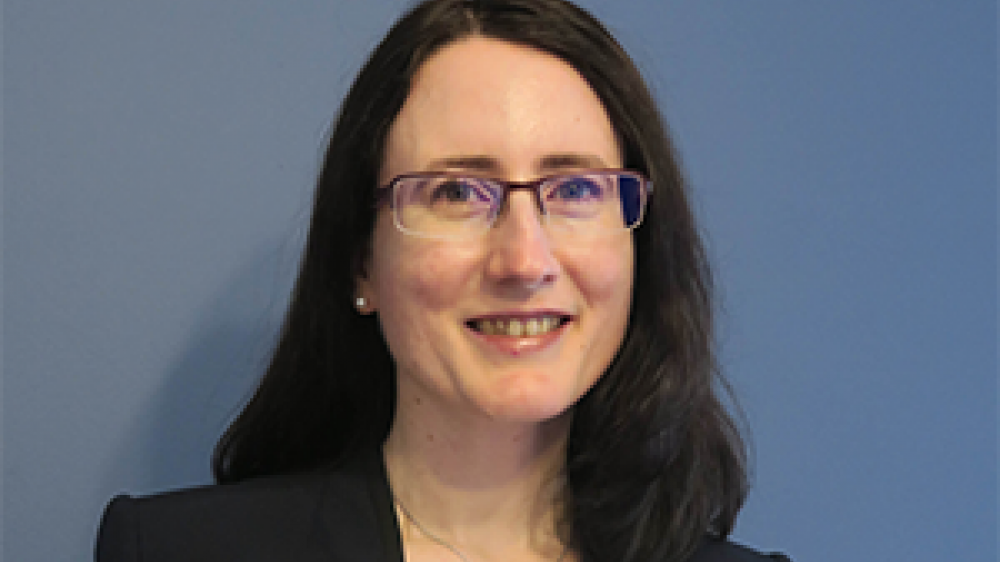All you wanted to know about being an NC3Rs Panel member...

...but were too afraid to ask!
In this blog post Professor Lucy Walker sheds light on what it is like to be part of an NC3Rs Panel.
Professor Lucy Walker is Chair of Immune Regulation at University College London's Institute of Immunity and Transplantation. She leads a research team investigating immune tolerance and autoimmunity, with a particular focus on type 1 diabetes. Professor Walker is currently Chair of our Training Fellowship Assessment Panel and a member of the NC3Rs Board. She was previously Chair of the Strategic Award Panel and a member of the Grant Assessment Panel.
How did you become a Panel member?
My research into type 1 diabetes involves both animal models and human samples and I have always been interested in animal welfare in the context of medical research. I was therefore pleased to be invited to join the NC3Rs Studentship Assessment Panel back in 2012, where I had my first taste of the NC3Rs as an organisation. I hadn't really been aware how much work the NC3Rs was doing at that stage and was impressed by the level of professionalism and the active engagement with industry which was not so common at that time.
What is it like being on an NC3Rs Panel?
One of the unique features of being on one of the NC3Rs Panels is the broad remit of science that you have the opportunity to review. As a consequence, I have read some fascinating applications in areas of research that would never have crossed my desk while reviewing for other funding bodies. The variety is really stimulating - it could be fish or slime mold, in silico modelling or novel imaging techniques, you never know what you'll be reading about next. The broad remit is reflected in the make-up of the Panels so there's the opportunity to meet experts in very different areas to your own.
The other thing that makes the NC3Rs Panels different is the fact that each application has to be rated on both scientific excellence and the potential 3Rs impact. As Panel members we are looking for projects to be exciting and high quality but also to have a tangible impact on the welfare and / or number of animals used in experiments. This dual remit leads to some interesting discussions and makes us focus on issues of practicality and model uptake, just as much as scientific excellence.
How would you describe a typical meeting day?
A typical meeting day starts with a brief reiteration of the purpose of the meeting, the available budget, and the scoring system. This is followed by a test vote which checks the electronic voting system and provides a valuable opportunity to gently tease any Panel member who forgets to press enter on their handset! It's then time for business to get underway and the Panel Chair will guide us through the process, ensuring that all applications are allocated sufficient time to allow the necessary discussion. Typically 2-3 Panel members have studied each application in detail in advance and they will lead the discussion before it is opened out to the rest of the Panel for further discussion.
What is your favourite part of being part of the NC3Rs Panels?
The variety of the science, the good humour of my fellow Panel members, and the genuine desire across the Panel to see advances in the 3Rs.
What are the challenges related to being on the Panel?
The broad remit is extremely stimulating but of course also poses a challenge: you need to be willing to set aside sufficient time to study the applications in depth so you can assess their strengths and weaknesses to the best of your ability. The dual assessment process (scientific excellence and 3Rs impact) also takes a while to get used to. In particular, 3Rs impacts can come in all shapes and sizes; it's easy to see the benefits of a proposal that decreases the number of mice used in a particular procedure, but the exploration of a novel replacement strategy could prove equally worthwhile in the longer term.
Has being on the Panel affected other areas of your career?
I have found serving on NC3Rs Panels scientifically very enriching, stretching me to think about different areas of research to the day job. It's satisfying to see applications that you've supported come to fruition and to hear updates on them at NC3Rs events. It's also been useful in helping me stay up to date in the 3Rs area.
Do you have any advice for people who are thinking of becoming Panel members?
- Consider the applications on your pile independently for scientific and 3Rs value - don't accept compromise on either front.
- Learn from the varied expertise and wisdom of your Panel colleagues.
- Don't forget to press enter on your handset!
We currently have vacancies on our Grant Assessment Panel, Studentship Assessment Panel and Training Fellowship Assessment Panel and are inviting applications from talented senior researchers. Visit our Funding Panel vacancies page to find out more – the deadline for applications is 4pm on 17 November 2021.
